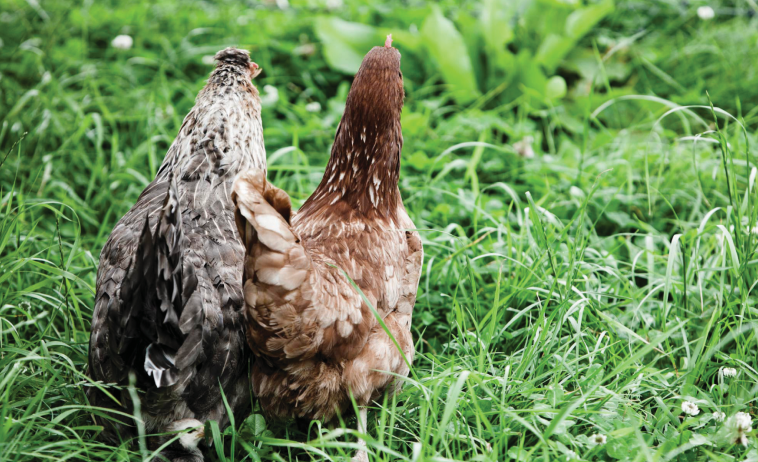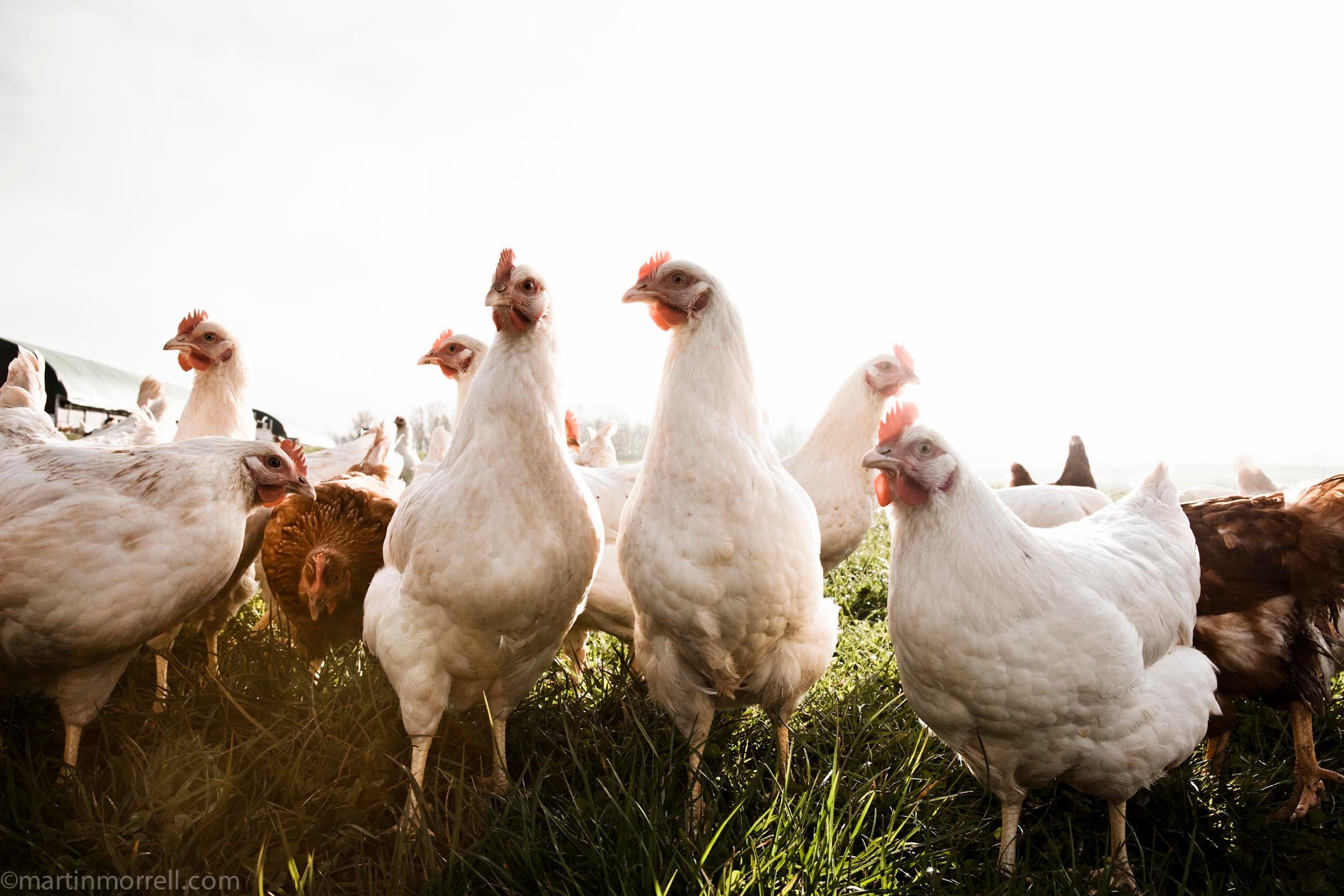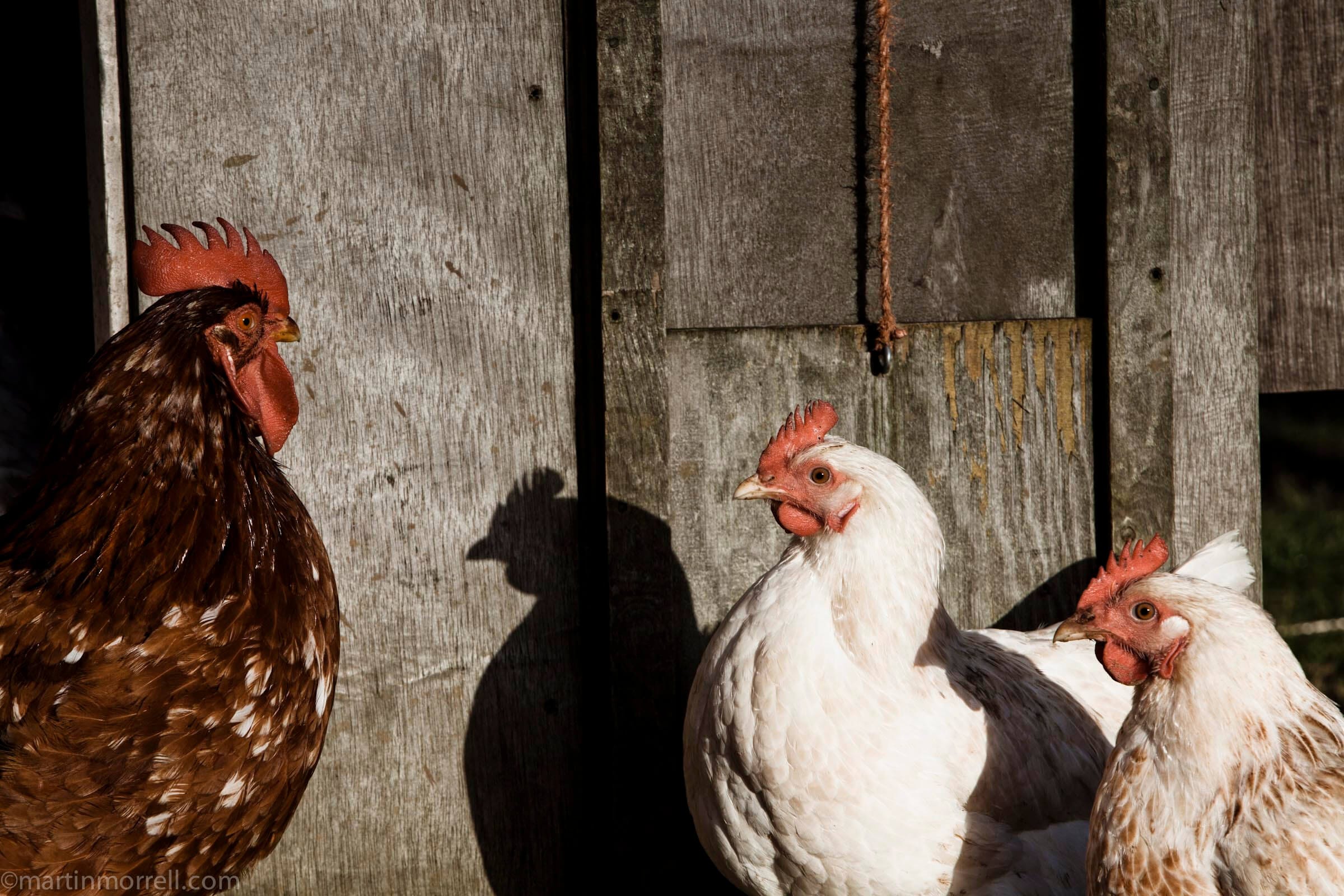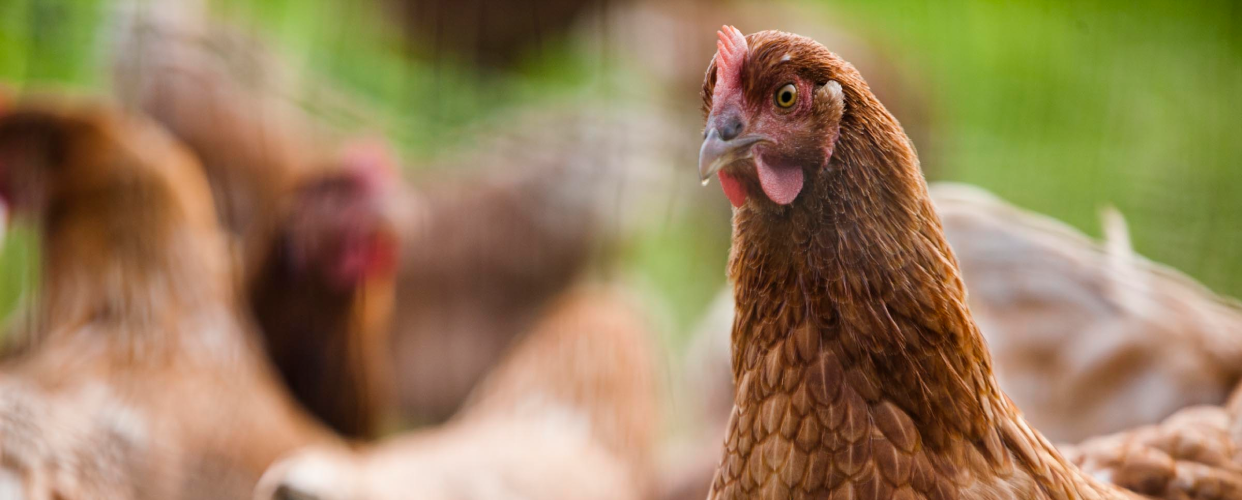
The Story Of Our Farm Fresh Eggs
Roaming freely - as nature intended - our organic hens enjoy a simple, happy and healthy life. As a result, they lay the deliciously rich, fresh eggs that we proudly sell in our farmshops and serve in our cafés.
OUR HENS & THEIR EGGS
Our organic eggs are naturally high in Omega 3 with rich, plump yolks due to the exceptional lifestyle and healthy diet of our hens - who spend the majority of each day happily foraging outdoors for food. Our main flock are Lohmann Browns, Hyline Browns and Isa Brown which lay our Organic Cotswold Brown Eggs.
Our Cream Legbar hens are a minority, traditional breed which lay our Organic Cotswold Blue Legbar Eggs – these have beautiful shells ranging from cream to delicate blue and pale green in colour. These hens as so special that not only are we proudly supporting their survival, but we've named our Michelin Green Star café The Legbar in honour of them.


FROM THE HEN HOUSES TO OUR SHELVES
Hens naturally lay one egg a day (in any 24-26 hours). On our Cotswolds farm, we keep around 7,000 hens. They roam free by day and roost in our 12 chicken houses by night, where they lay their eggs.
We collect the eggs daily. “The chicken houses all have roll away nest boxes which lead on to a conveyor belt” explains our Poultry Assistant, Sam Douthwaite. “We stand in the collection area of the chicken house and run an egg belt where our team collect the eggs by hand. These are then loaded on to a Can-Am buggy and carefully taken to the neighbouring egg barn a few steps away, where the eggs are graded, weighed and stamped with their best before date. They are then packed into dozen and half dozen boxes and trays before being labelled, ready to sell or be delivered to our cafés in mixed weights.”
At Daylesford, we believe that selling mixed weight eggs is better for the welfare of hens as the size margins between graded sizes are relatively small, meaning all can be enjoyed equally - avoiding waste or grading impact upon hens.
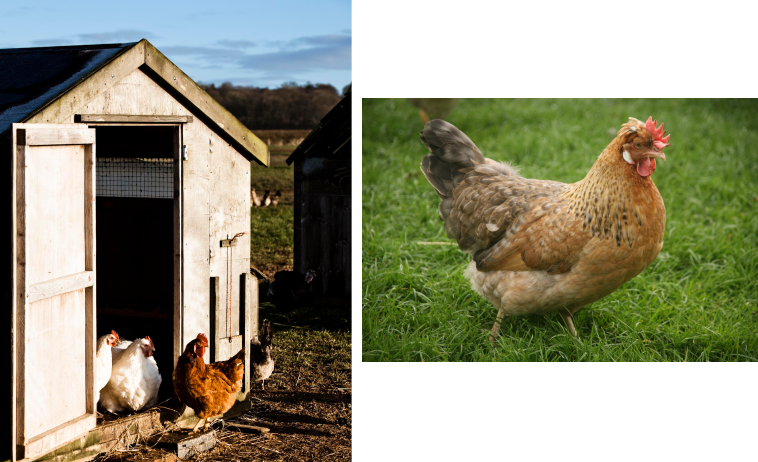

A DAYLESFORD ORGANIC HEN’S LIFE
From seven o’clock each morning, our hens naturally venture out of their chicken houses to roam free all day in our agroforestry fields. They are free to explore the clover rich pastures, forage for grubs and dust bathe.
As they are prey animals, chickens can feel vulnerable, so we provide them with a range of cover. We have created hazel hurdles for protection and have located their chicken houses so they can roam freely under the cover of our apple trees. In the winter the trees provide protection from the rain and in the summer, shade from the sun. The trees attract insects and grubs – all the things that hens want to eat - and in turn the trees benefit from the rich nitrogen of their organic matter, giving us beautiful apple harvests. Our 12 chicken houses are moved to a neighbouring plot in the field to let our land regenerate at regular intervals and give the birds fresh land to explore. As the nitrogen from the hen’s organic matter accelerates this process, the land recovers quickly, in just six weeks.
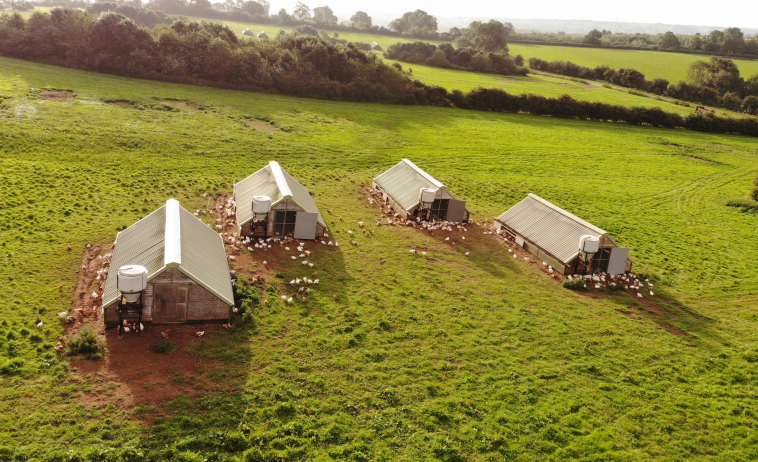

Our hens enjoy a healthy diet of organic grains along with grass, insects and grubs that they naturally forage as they range. They are slow growing, incredibly healthy and fit as a result. “A bird that’s allowed to be out in its natural environment will thrive if it’s allowed to roam stress free and has a good diet” says Sam Douthwaite.
After a day of roaming freely, at dusk, our ladies naturally head back to roost in the safety of their houses. Our organic free-range hens enjoy the best possible lifestyle at Daylesford Farm and we ensure this is the case from day one until our ladies retire.
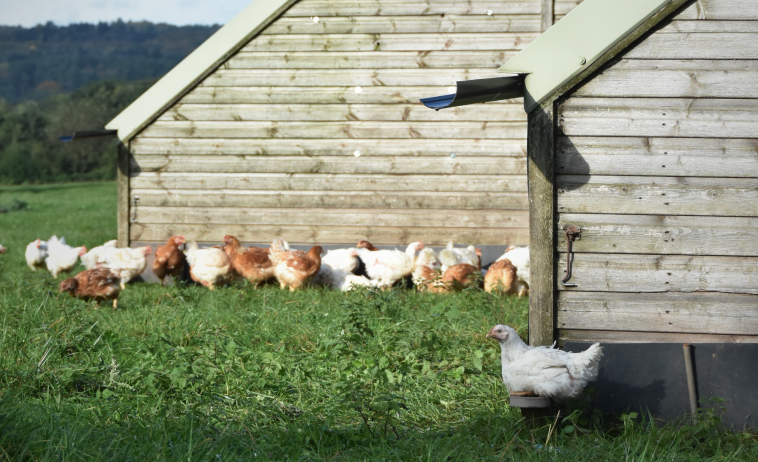

A hen’s prime laying period is between 20 weeks (“point of lay”) and approximately 75 weeks. When our hens are 14 months old their egg production naturally falls beneath yields that are commercially viable. When this happens, all of our hens are retired via The British Hen Welfare Trust. The trust then re-homes the hens across the UK. To date, around 14,000 Daylesford Hens have been retired via The British Hen Welfare Trust.
